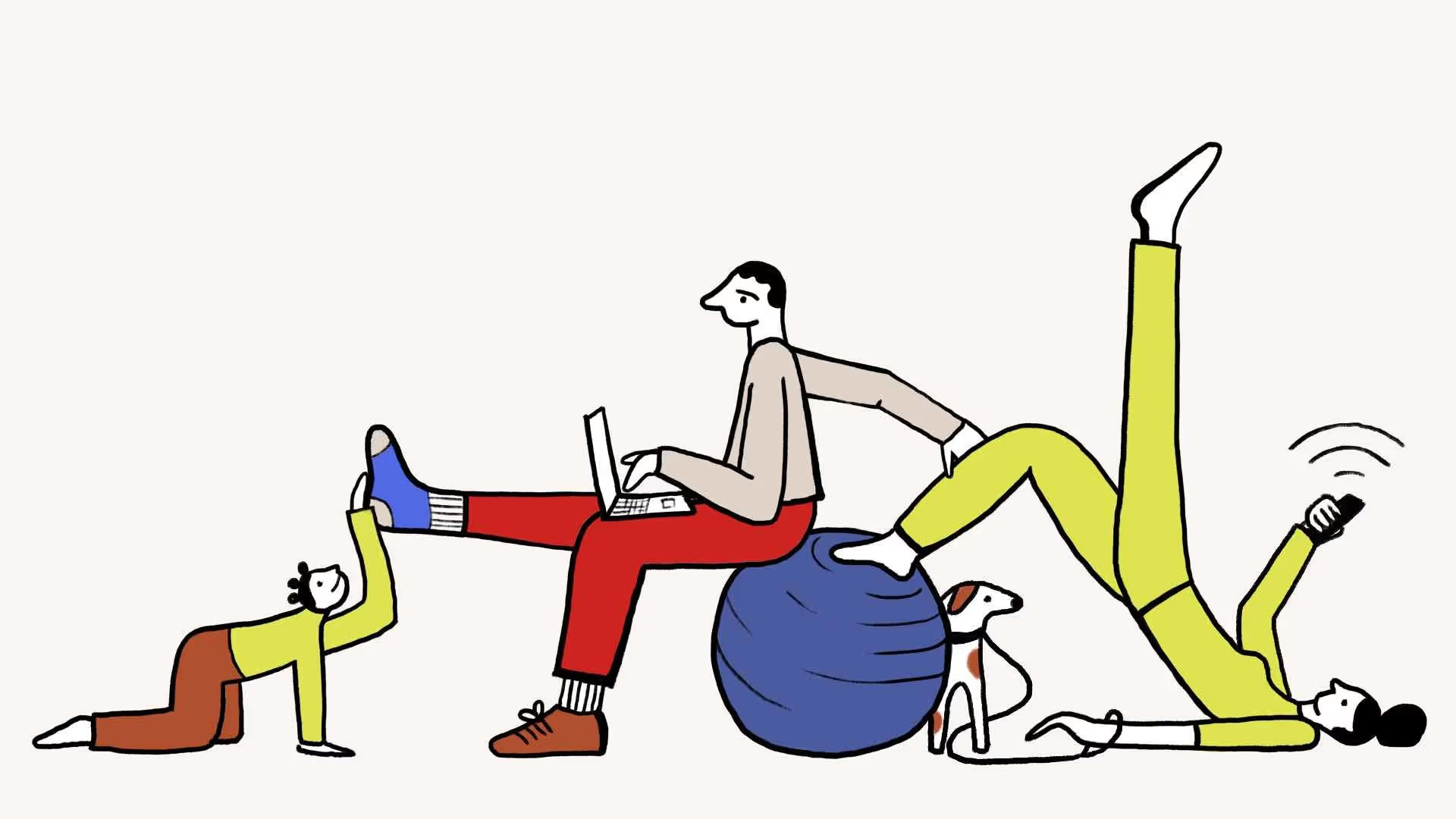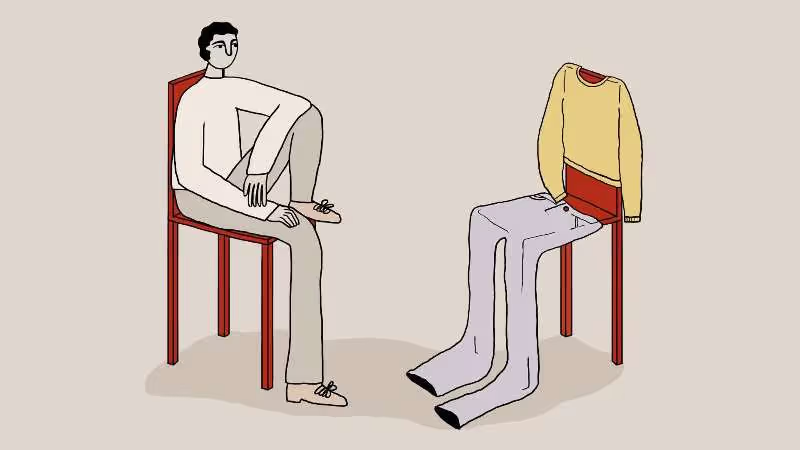Shall We Begin?
I want to start this letter with a deep breath. Inhale. Exhale. Settle in. Since I last wrote to you, our world has changed. Here in New York, we’re now firmly in the throes of the novel coronavirus pandemic. Outside, some of us are fighting a microscopic and invisible threat on the front lines. Inside, many of us on lockdown are experiencing a new normal. While we socially distance, some of us are feeling lonely, longing to touch someone. Others are trapped inside with the same people 24/7 and crave just a few minutes alone. Many of us are working harder than ever before. Some of us no longer have a job. Some are sick or recovering. Within a week, we’ve come to know people who may not recover and others who are no longer fighting. All of these changes can describe even just one person’s reality right now. We have been yanked into a completely new way of being. We are experiencing, for the first time, the collision of our many roles—worker, partner, caretaker, parent, child, friend, teacher, CEO and CFO of our personal lives—all in one place. For many of us, that place is our kitchen table.
For three weeks, I’ve been sitting in the same chair at the same table. Here, through my digital devices, I am a CEO of my startup, a therapist to my patients, a supervisor to my students, a friend to people all over the globe, a mother to two sons, a wife to my husband, and a companion to myself. All of this under one roof, in one room, on one chair for the past three weeks. If my husband walks in the room while I’m giving a webinar to thousands of people (which happened last week) suddenly I’m a speaker, streamer, and wife all at once.
Many of you have shared with me your versions of overlapping roles under lockdown. You’re the child who worries about your parents. You’re the parents worried about your children. Some of you are both. You’re the partner of someone who is now either too close to you or too far away. You’re the partner to a healthcare provider with whom you must negotiate risk and proximity. You’re the sibling not letting your brother visit because he hasn’t been careful enough. You’re the parent now teaching your kids, suddenly needing to show that you’re a math whiz, a music teacher, and an English major. You’re navigating virtual conferences in which your colleagues can peek directly into your bedroom and hear the kids yelling or the dog barking—the evidence of all your roles. The mute button has become the last boundary.
Perhaps you’re finding yourselves back in a childhood bedroom you haven’t lived in in decades. Maybe you are like me, realizing that, at 61, you’re considered “at risk” even though you feel youthful and vibrant. Some of you, also like me, are therapists trying to help your patients cope with the same prolonged uncertainty, acute stress, and loss that you yourself are facing. And throughout all of this, you are also working, filing taxes, and applying for loans, extensions, or unemployment.
Right now, we’re not just social distancing, we’re distancing from the places we go and the things we do. The different parts of our identity are usually highly localized.
They have a setting—home, commute, office, school, bar, gym, etc. Even those of us who normally work from home are used to going out. Without this differentiation of settings, it’s hard to switch contexts, establish routines, and negotiate boundaries. But these challenges are having an interesting side effect: we’re seeing the possibility for a new way of being. We’re re-prioritizing. We’re communicating differently. We’re reconnecting. We’re slowing down. We’re taking care. We’re checking in.
Contrary to the idea that we need to merely survive this pandemic, we need not only to take care of our physical, mental, and emotional health, but to be creative and to make concerted changes to our relationships. We must create new boundaries and dissolve those that no longer serve us. And there are some very concrete relational tools that will help us.
Let’s Turn the Lens on You
Building new dynamics helps us thrive instead of just survive.
- Monitor yourself morning, noon, and night. Take a pulse check of your stress levels (anxiety, irritability, impulsivity, anger, depression, despair, fatigue, passivity). Check your hopefulness levels too. If you are with others, encourage everyone to share their pulse checks. Acknowledging our internal levels helps us to not turn these feelings on one another and it helps us regulate.
- Understand that we all have different coping mechanisms and different means of processing our experiences. Under acute stress, some of us become highly logical, others highly emotional. Use these differences to balance your perspectives instead of exacerbating tensions.
- Agree upon a code word that may be deployed when you just can’t engage. But know that whoever uses the code word is responsible to open the door to conversation when they are ready so the other person knows they are not dealing with endless silence.
- Communicate clearly, state what you feel and what you need. Clear requests are better than criticism of the other.
- If you need more flexibility from your employer because your roles are overlapping, be explicit about your needs. This is new for them, too.
- If you need dedicated time and space from your partner or family, give them a schedule of when you are unavailable because you are working, taking time for yourself, etc.
- If you want someone to help you, tell them exactly what you need rather than having them guess or dumping a litany of complaints on them.
- Don’t just talk—try intense listening and validate what they say. By listening attentively to another person speak from the inside out, you allow them to be at the same time inside themselves and with you. Which is actually what happens in sex, too. It’s the ebb and flow of the boundary, the together and seperate.
- Don’t be afraid to bring in peers to help you. A friend recently asked me to talk to her oldest daughter because she thought I could offer a different perspective than what they had been talking circles around. We are often smarter with other peoples’ problems than our own.
- As my colleagues John and Julie Gottman have suggeste, try expressing appreciation not just for what another person does, but for what it says about who they are. “Thank you for doing the dishes” is good but “thank you for being so thoughtful” is even better.






.svg)





